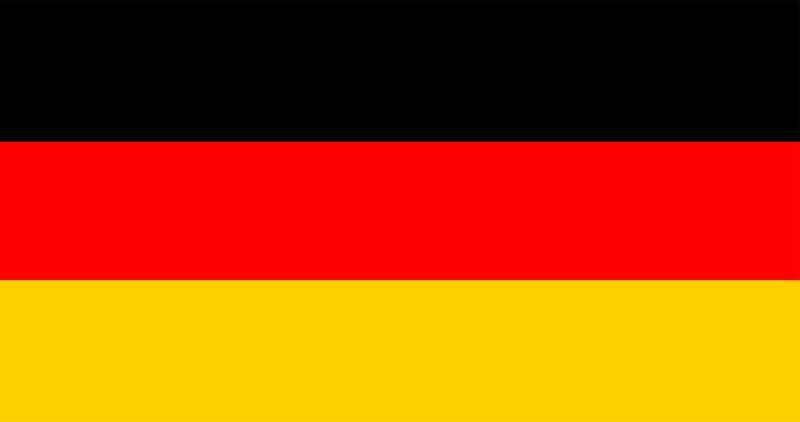Ultimate Guide to Student Visas and Residence Permits in Germany

Introduction:
Navigating the requirements and processes of obtaining a student visa and residence permit in Germany is crucial for international students planning to pursue higher education there. From financial prerequisites and language proficiency to arrival logistics and post-graduation opportunities, understanding these facets ensures a smooth transition and a successful academic journey in Germany.
The Immigration Act of Germany provides for two titles which govern entry and residence in Germany:
- The settlement permit
- The residence permit.
The residence permit is temporary and is granted for a specific reason, such as gainful employment, training or family reunification, or else for humanitarian, legal or political reasons. It is also valid for preparatory measures prior to enrolment in higher education, such as language courses, preparatory courses for university admission or similar institutions, or doctoral studies at a German university.
Respicite Tip:
Before enrolment for higher education, explore available career options. Take a psychometric test for career. Get advice from Respicite-certified career counselling experts to finalize a career option and identify suitable courses.
Eligibility for study visa
- Students must have been admitted to a state-recognised higher education institution in Germany.
- Students must be able to cover their living costs for the duration of their study programme. You can prove that you have sufficient funds through a blocked bank account (with a minimum of €11,208 per year as of 2024), a scholarship or a declaration of commitment.
A blocked account is a bank account from which no money or only a limited amount of money can be withdrawn. People from non-EU States who want to apply for a visa to come to Germany may be invited by people living in Germany if the latter submit a Declaration of Commitment to a foreign authority in Germany. This declaration obliges the inviter to guarantee the financial support of the visa applicant during their stay in Germany.
- Some programmes require a certain level of language proficiency, usually level B2 of the CEFR. You must prove your language skills to the German embassy or consulate. As a general rule, German language skills at least at level B2 (depending on the study programme)
- Proof of identity and nationality (usually a valid passport)
- There must be no grounds for your expulsion. A check will be made as to whether your entry into Germany is likely to pose a threat to public safety and public order.
An entry visa fee of €75 is charged for all types of visas issued for long-term stays in Germany.
Arrival
- Documents - Post visa grant, while entering Germany, it is advisable to bring all your personal documents with you, such as your birth certificate, school-leaving certificate, professional qualifications, and, if it applies to you, driving licence and marriage certificate.
- Health Insurance - You will need health insurance coverage from the first day you arrive in Germany. Proof of insurance will be required at the latest when you collect your visa from the German embassy.
Validity
Your visa is usually valid for up to 12 months. Within this period, you must apply for a residence permit to stay in Germany on a long-term basis. Residence permits for study purposes are usually issued for an initial period of two years. If you have not obtained your degree within this period, you can request to have your residence permit renewed for a further two years.
Additional benefits
During your time at university, you can work up to 140 full days or 280 half days per year, or up to 20 hours per week. You can take part-time student jobs for an unlimited period.
After successfully completing your degree, you can extend your stay in Germany by applying for a residence permit for job seekers. You can work in any occupation while looking for skilled employment. As soon as you have found a qualified employment position, you can apply to convert your residence permit for study purposes into a residence permit for skilled workers or an EU Blue Card.
